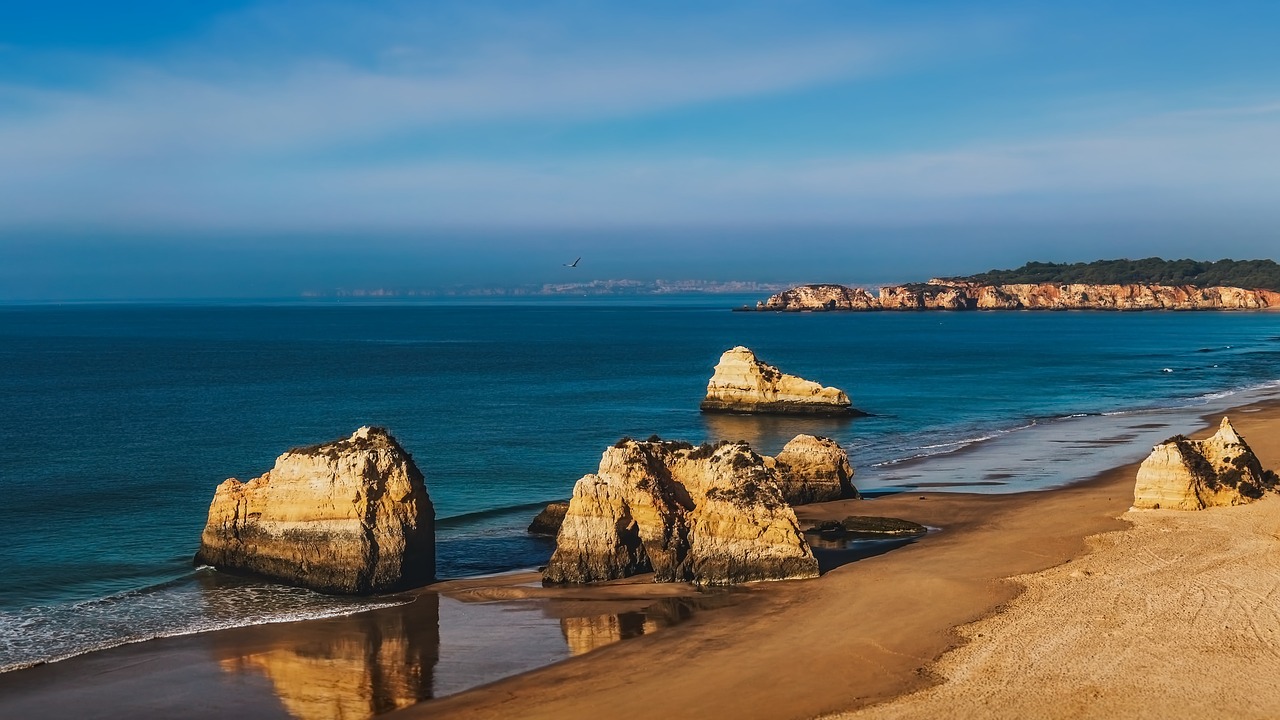Tourism back to pre-pandemic levels in 2023
According to EY, "the main challenge for tourism recovery is the fear of travelling, aggravated by successive mutations of the virus and the advances and retreats in travel restriction policies."
Tourism is not expected to return to pre-pandemic levels until 2023, according to a report by consultancy EY released on Friday, highlighting public support for the sector.
“In line with what industry leaders have been indicating, it seems prudent to consider that a certain normalisation and return to pre-pandemic activity levels will only happen from 2023 onwards,” a study “Does knowing the challenges help find the way?” released today by EY said.
According to the consultancy, “the main challenge for tourism recovery is the fear of travelling, aggravated by successive mutations of the virus and the advances and retreats in travel restriction policies”.
The study, signed by Luís Rosado, partner and leader of EY for real estate, hospitality and construction, also pointed out that “the financial robustness of some companies and public support solutions have been key factors for the survival of companies” in the sector.
“It seems consensual that the advancement of the vaccination process will give travellers confidence and result in more revisable policies, with the availability of digital certificates and the maintenance of massive testing processes contributing to a gradual increase in mobility,” EY further predicts.
However, there is an “expectation that tourism recovery will take much longer than other activities”, which “will imply enormous challenges in terms of solvency and liquidity, making it essential to continue public support to the sector until there is a firm recovery”.
The consultant believes it is important “to ensure the maintenance of capacity – companies and specialised resources – to make the most of the return of international tourists.
As for other issues in the sector, EY points to the “chronic problem of qualification, attraction and retention of talent” in tourism, calling for a “concerted effort by the sector to create a ‘talent hub’, with greater qualification allowing resources to be retained and, equally important, to increase the general level of quality of supply and support the consequent rise in prices and value-added by the sector.
EY also denotes that the “movement of business concentration and inorganic growth of the large business groups in the tourism sector continued, even being enhanced by the lower financial strength of some companies that ended up being transacted”.
“On the other hand, the importance of the risk diversification strategy of companies in the sector, namely in the hospitality industry, was reinforced in the context of the pandemic through the allocation of different uses to buildings”, such as through co-working spaces.
The theme of sustainability is also mentioned, which “requires collaboration between public policies and private agents in which they avoid the temptation to focus on immediate gains and all act towards the creation of long-term value”.
“The end of the pandemic is on the horizon, but the tourism sector will perhaps be the one where recovery will be slowest. The existence of support measures for the sector will be fundamental to ensure the existence of capacity in the post-pandemic and the strengthening of the sector’s competitiveness,” concludes the EY text.


